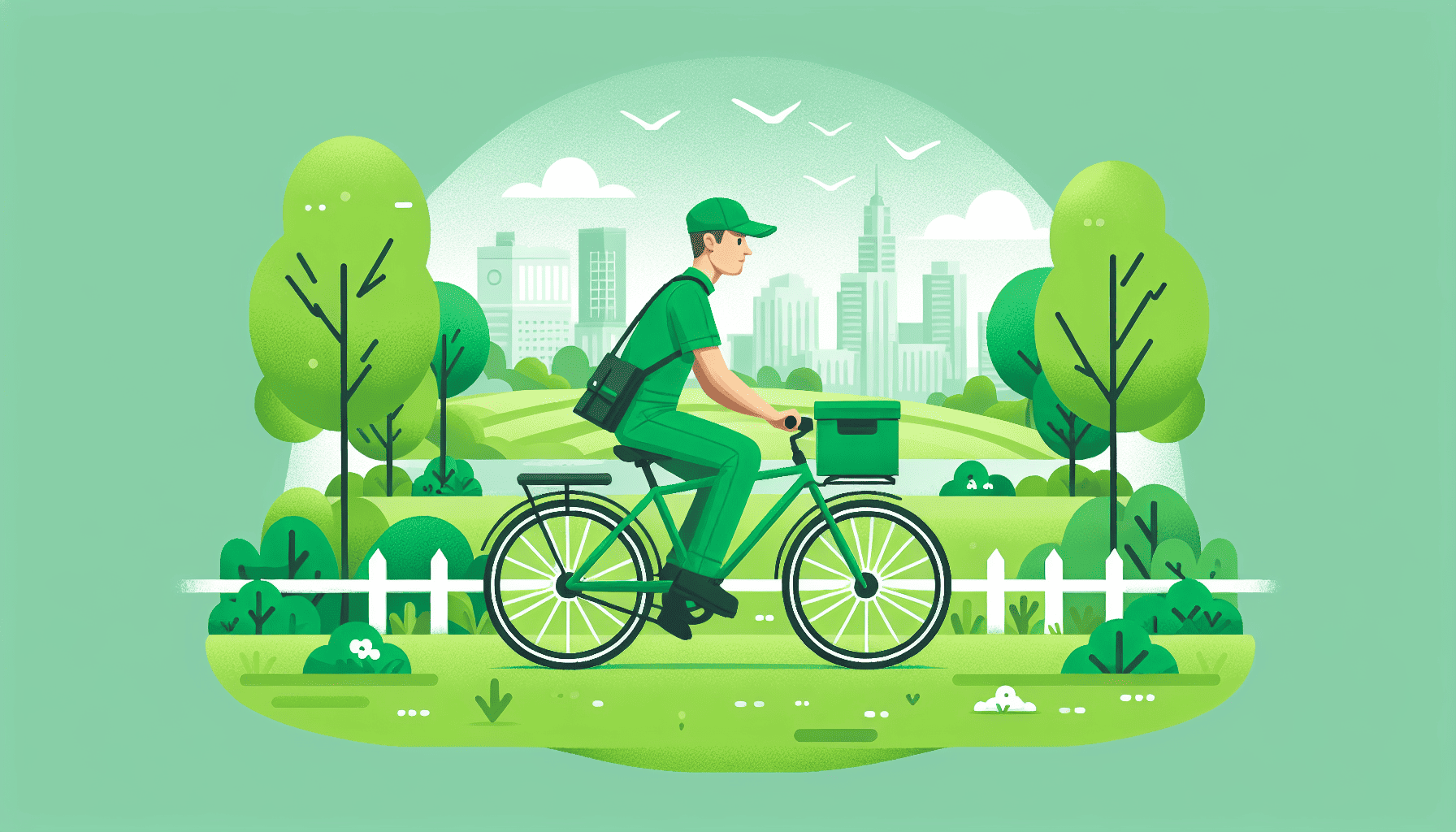In recent years, the conversation around sustainability and environmental consciousness has gained momentum, pushing many industries to reconsider their practices and adopt more eco-friendly approaches. Businesses, especially those involved in delivery services, find themselves at the forefront of this transformation as they strive to balance efficiency with environmental stewardship.
At the heart of these efforts is the commitment to reducing the carbon footprint associated with traditional delivery methods. Transportation is a significant contributor to global emissions, and delivery trucks, which often rely on fossil fuels, are a key factor. To address this, many companies are transitioning to electric or hybrid vehicles, which can significantly reduce emissions. These vehicles are not only cleaner but also often cheaper to run in the long term due to lower fuel costs and maintenance needs.
In addition to vehicle electrification, optimizing delivery routes is another effective strategy to minimize environmental impact. By leveraging advanced logistics software, companies can plan delivery routes more efficiently, reducing unnecessary travel distances. This not only cuts down on fuel consumption but also accelerates delivery times, enhancing customer satisfaction.
Beyond transportation, sustainable packaging is gaining importance. Traditional packaging materials, particularly plastics, pose significant environmental hazards due to their long decomposition times and the pollution they cause. As a response, businesses are increasingly using biodegradable, recyclable, or compostable materials for packaging. Additionally, innovative solutions such as reusable packaging systems are being explored. These systems allow customers to return packaging, which is then cleaned and used again, drastically reducing waste.
Moreover, many companies are adopting green practices across their broader operations to further their sustainability goals. This includes reducing energy consumption in warehouses and offices through the use of renewable energy sources such as solar or wind power. Conservation initiatives, such as water-saving technologies and zero-waste goals, are also becoming standard practice.
Encouraging eco-friendly habits among consumers is another crucial aspect. Businesses can help raise awareness and motivate change by providing incentives for customers who choose sustainable options. For instance, offering discounts for selecting slower, more environmentally friendly delivery methods or encouraging bulk purchases to reduce packaging waste.
Transitioning to eco-friendly practices is not just about regulatory compliance or appeasing environmentally conscious consumers; it offers substantial long-term benefits. By focusing on sustainability, companies can foster brand loyalty, reduce operational costs, and contribute positively to community and environmental health.
In conclusion, embracing eco-friendly delivery methods and sustainable practices is becoming increasingly important. As we move forward, companies that lead the charge in environmental responsibility are likely to set the standard for the future, proving that economic success and ecological sustainability can indeed go hand in hand.
